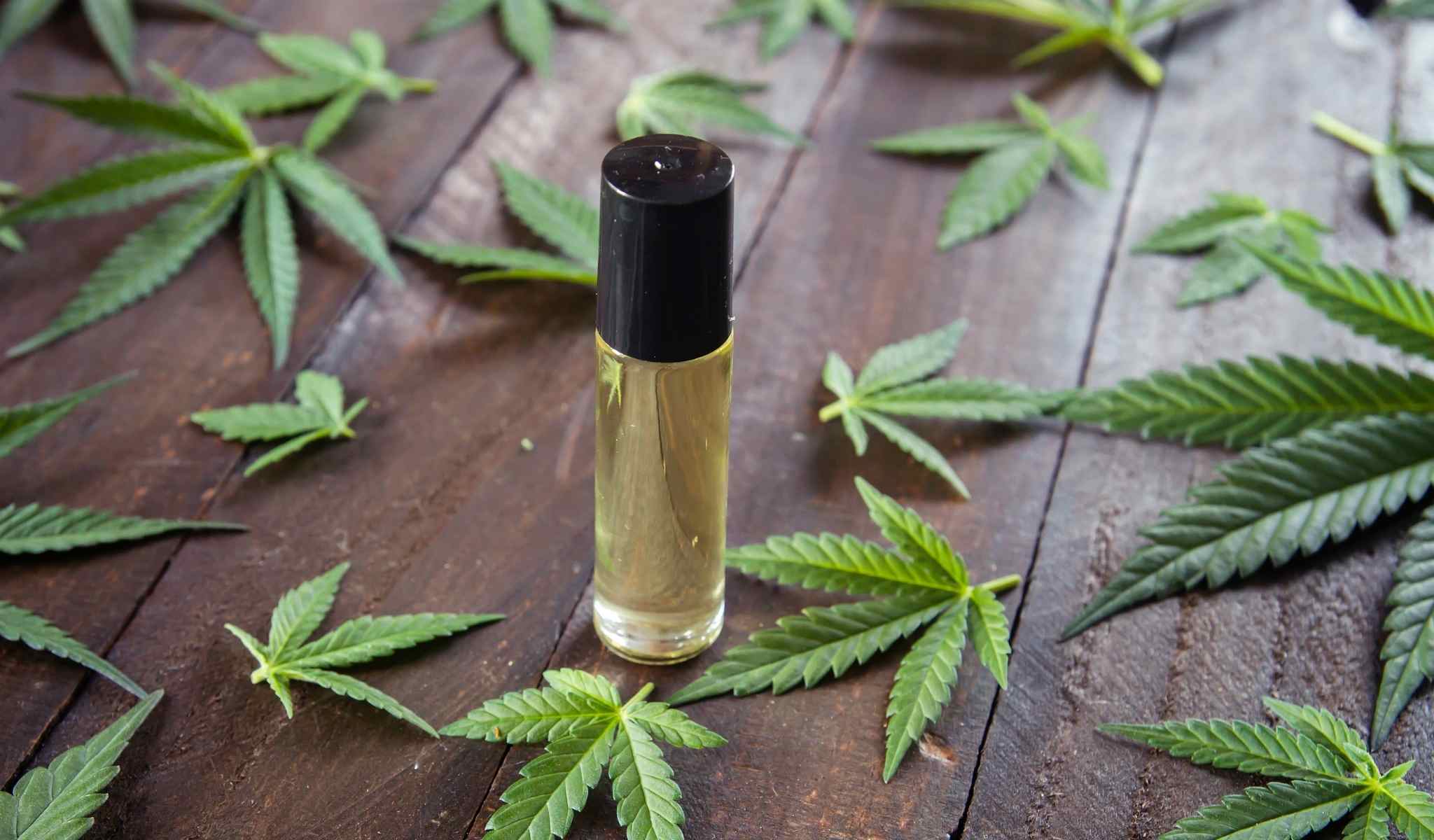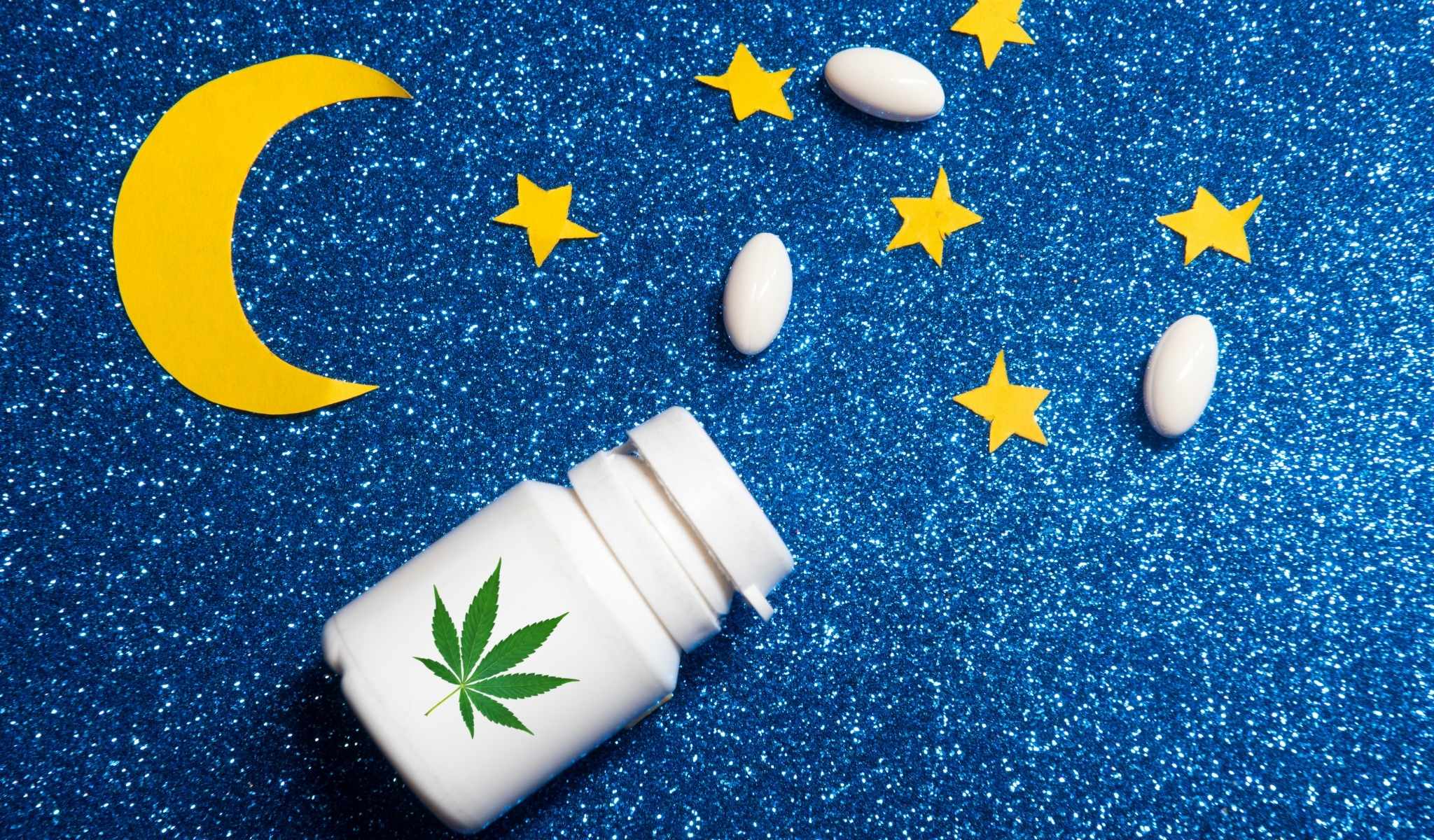
Can CBD Oil Help Dementia Patients? Is CBD Safe or a Risk?
CBD oil is becoming a more popular treatment for various conditions, but can it help dementia patients?
CBD oil is known to have anti-inflammatory and analgesic effects, which could make it beneficial for managing some of the symptoms of dementia.
A few small clinical trials have assessed the effects of cannabinoids (including THC and synthetic cannabinoids, such as nabilone) on behavioural symptoms of dementia.
The results suggest that CBD oil may be safe and effective for use in older people with agitation associated with dementia. CBD oil could help to remove dementia from brain cells.
You may be interested in similar articles, including:
- Learning the different types of CBD Oil
- The Top 5 Medical Benefits: CBD OIL
- How much does medical CBD Oil cost in Australia?
- Where is CBD Oil legal in Australia?
CBD Health Benefits for Dementia Patients
CBD oil’s anti-inflammatory and analgesic effects could make it a useful treatment for dementia patients. CBD has been shown to be effective and safe for use in older people with agitation associated with dementia.
CBD oil could help remove dementia from brain cells, which could improve the condition’s symptoms.
CBD oil is becoming a more popular treatment for various conditions, but can it help dementia patients?
Alzheimer’s Disease
According to scientists at Cal’s Salk Institute, their 2016 study identified evidence that cannabis like CBD can help in removing dementia and improve connections between brain cells. Other labs confirmed the results.
CBD medication for the purpose to treat dementia has been granted in some regions with the approval of a CBD-based medicine known as Epidiolex to treat epilepsy.
There are a variety of ways CBD can help improve the health of people who have dementia. It can do this by reducing inflammation, cutting down on oxygen build-up, acting as a brain stimulant and neuroprotectant, and getting rid of dead brain cells and the protein tangles believed to be responsible for brain disorders like dementia.
CBD may improve movement from a consumer’s perspective while also reducing anxiety and stress for those who have dementia. It can also slow the decline in memory and other functions of the brain.
It is worth noting that there has been a lot of debate about CBD as well as the assertions that companies have made regarding its benefits. It is important to note that the TGA advises that CBD may be prescribed with care for all patients, including ones with dementia or Alzheimer’s disease.
TGA.gov.au also states that the long-term effects of CBD remain unidentified. But studies are continuing to understand how CBD oil can benefit patients with cognitive impairments.
Vascular Dementia
Vascular dementia is the second most common type of dementia, after Alzheimer’s disease.
It’s caused by problems with the blood vessels supplying the brain, and this can lead to a shortage of oxygen and nutrients in the brain, which damages cells.
Symptoms of Vascular Dementia include:
- Memory problems
- Confusion
- Problems with speech or understanding language
- Difficulty thinking and making decisions
- Mood changes, such as depression or irritability
- Problems with balance and coordination
- Visual problems, such as blurred vision or blindness
CBD oil has been shown to be effective and safe for use in older people with agitation associated with Vascular dementia. CBD oil could help remove dementia from brain cells, which could improve the condition’s symptoms.
There are a variety of ways CBD can help improve the health of people suffering from vascular dementia. It can do this by reducing inflammation, cutting down on oxygen build-up, and more!
Medical studies with CBD oil and Vascular Dementia show that to treat vascular dementia effectively A study from 2016 conducted by researchers from the United States - National Institute of Health.
It was discovered it was that activation of CB2 (cannabinoid) receptors in the brain could help restore more cerebral blood circulation.
The activation of the CB2 receptors using CBD can increase brain cell activity and help decrease the damage to brain cells frequently associated with vascular degeneration.
Dementia with Lewy Bodies
Dementia with Lewy bodies (DLB) is a type of dementia that shares some features with both Alzheimer’s disease and Parkinson’s disease.
Lewy bodies are clumps of abnormal protein found in the brain cells of people with DLB. They disrupt the way messages are passed between brain cells, which can lead to problems with thinking, movement, and emotional control.
Symptoms of DLB include:
- Loss of memory, especially for recent events
- Visual hallucinations, such as seeing things that aren’t there
- Problems with movement, such as stiffness, tremors, or slowed movements
- Difficulty thinking and making decisions
- Depression or anxiety
CBD oil has been shown to be effective in reducing the symptoms of DLB. CBD oil can help by reducing inflammation, cutting down on oxygen build-up, and restoring communication between brain cells.
CBD oil has also been shown to help improve people’s emotional state with DLB.
In contrast to many medications for anxiety, pain, or treatment drugs, CBD does not block acetylcholine, the principal chemical that LBD targets. Studies have shown that CBD is an effective anti-inflammatory drug that reduces motor symptoms (tremor and rigidity, bradykinesia, etc.) and help maintain circadian (sleep) patterns.
Parkinson’s Disease
Parkinson’s disease is a long-term neurological disorder that results in problems with movement. It develops gradually, often starting with a tremor in one hand.
The main symptoms are shaking, the rigidity of the limbs and body, slow movement, and problems with balance. As the disease progresses, people may also experience difficulties with speech and swallowing and have problems with thinking and memory.
CBD oil has been shown to be effective in reducing the symptoms of Parkinson’s disease. CBD oil can help by reducing inflammation, cutting down on oxygen build-up, and restoring communication between brain cells.
CBD oil has also been shown to help improve people’s emotional state with Parkinson’s disease.
The symptoms of Parkinson’s disease include:
- Tremor, or shaking of the hands, arms, legs, jaw, and face
- Rigidity, or stiffness of the limbs and body
- Slow movement
- Problems with balance
- Difficulty swallowing
- Trouble thinking and memory problems
CBD oil is a well-tolerated, non-psychotropic agent that has been found to be effective in reducing the motor symptoms of PD.
CBD was also able to increase brain activity and help protect neurons from damage in experimental models of Parkinson’s.
A digestive imbalance could contribute to developing Parkinson’s disease as well as the degree of the symptoms. Cannabinoids like CBD have been found to have brain-protection properties, antioxidants, and anti-inflammatory properties that can aid in managing Parkinson’s disease.
Frontotemporal Dementia / Pick’s Disease
Frontotemporal dementia (FTD) is a type of dementia that affects the frontal and temporal lobes of the brain.
These are the areas of the brain responsible for personality, behaviour, judgment, language, and movement.
Pick’s disease is a specific type of FTD that causes damage to cells in the front part of the brain. Pick’s disease is named after Dr. Arnold Pick, who first described it in 1892.
Symptoms of FTD and Pick’s disease include:
- Changes in personality and behaviour, such as becoming impulsive or aggressive
- Difficulty thinking and making decisions
- Problems with language, such as speaking slowly or forgetting words
- Difficulty with movements, such as stiffness or tremors
CBD oil has been shown to be effective in reducing the symptoms of FTD and Pick’s disease. CBD oil can help by reducing inflammation, cutting down on oxygen build-up, and restoring communication between brain cells.
CBD oil has also been shown to help improve people’s emotional state with FTD and Pick’s disease.
In contrast to most antipsychotic medicines, CBD does not lead to an increased chance of dying. Studies have proven that CBD is an effective anti-inflammatory medication that reduces anxiety, decreases motor symptoms (tremor and rigidity, bradykinesia, etc.)) and help maintain the circadian (sleep) cycles.
Huntington’s Disease
Huntington’s disease (HD) is a neurodegenerative genetic disorder that affects movement, behavior, and cognition.
It is caused by a single gene mutation on chromosome four. The onset of HD typically begins in mid-life, between the ages of 30 and 50 years old.
Symptoms of Huntington’s disease include:
- Changes in personality and behaviour, such as becoming impulsive or aggressive
- Difficulty thinking and making decisions
- Problems with language, such as speaking slowly or forgetting words
- Difficulty with movements, such as stiffness or tremors
CBD oil has been shown to be effective in reducing the symptoms of Huntington’s disease. CBD oil can help by reducing inflammation, cutting down on oxygen build-up, and restoring communication between brain cells.
CBD oil has also been shown to help improve people’s emotional state with Huntington’s disease.
According to research conducted in 2016 by research conducted by the University of Madrid, due to CBD’s ability to act as antioxidants and anti-inflammatory properties, CBD could be useful in managing the symptoms of Huntington’s disease.
Research conducted on mice has shown that a chemical called cannabigerol or CBG found in marijuana plants can assist in maintaining the health of the brain for those suffering from Huntington’s disease (see the next section).
Are There Risks or Side Effects With CBD Oil For Dementia Patients?
CBD oil is known to be safe for use in adults, but it is still important to consult with a healthcare professional before starting any CBD treatment.
It is also important to note that CBD may interact with other medications for dementia. As with all treatments, there is always the risk of side effects.
Some possible side effects of CBD oil include:
- Drowsiness
- Dry mouth
- Low blood pressure
- lightheadedness
It is important to consult with a healthcare professional before starting CBD treatment if you are taking other medications. CBD may also interact with other supplements and herbs.
Summary: How Australian Patients With Dementia Can Discuss CBD Treatment With Their Doctors
The final evidence on how CBD oil can treat various types of dementia is still not available.
There is a lack of reliable research studies means that dubious reports and anecdotal evidence have replaced solid evidence.
None of the studies or studies has examined marijuana’s effects or constituents on the causes that cause Alzheimer’s disease among people.
While the research conducted in the lab has shown some potential, we must know the fuller effects these elements have before we know if they can impact, whether positive or negative, on the progression of Alzheimer’s disease in individuals.
It’s important to note that more research is needed on the use of CBD oil for treating dementia, but the early evidence suggests that it could be a promising treatment option.
CBD is often utilized to treat insomnia, anxiety, bad sleep, and pain relief. Since CBD has been proven to decrease anxiety and agitation, it’s believed that CBD can alleviate these symptoms for people with dementia.
Because dementia can affect the brain, an older person can become anxious or agitated when faced with everyday challenges. Sometimes, the agitation may become violent. However, remember that these behaviour change is caused by illness and are not the fault of your loved ones. CBD could assist in relieving these symptoms.
Furthermore, Dementia Care Central indicates that CBD could also aid in:
- Reduce inflammation
- Reduce oxygen buildup
- Enhance the brain and reduce the decline in memory and other brain functions.
Always consult your doctor if you want to learn more about CBD Oil and treatment of Dementia in Australia!
This article was researched using these and other references:
- USA CBD Oil and Dementia Study
- Clinical review of CBD oil treatment of dementia
- How prescription CBD and THC oils can treat dementia patients
- The use of cannabinoids in treating dementia

James King
James is an experienced writer and legal cannabis advocate in Australia. He answers all the questions about business, legalisation and medicinal cannabis.
Disclaimer: Cannabis Place are not doctors and we recommend consulting health professionals for accurate information. This site may contain information regarding drugs. This medicinal cannabis content is designed for an 18+ audience. Click here for our full disclaimer




